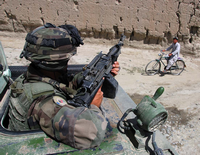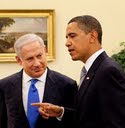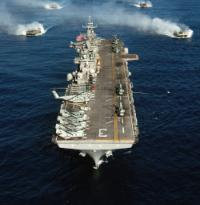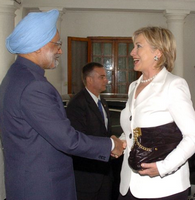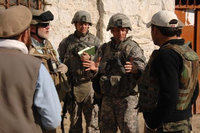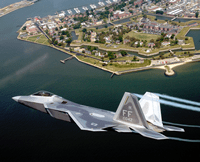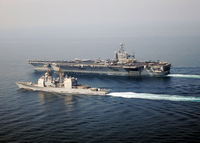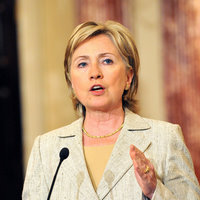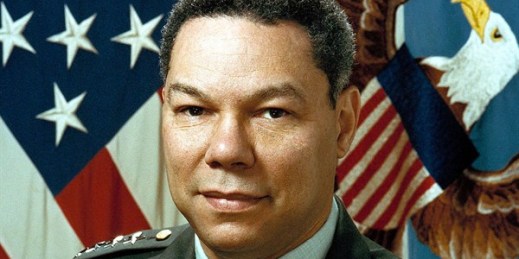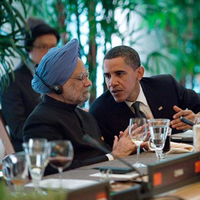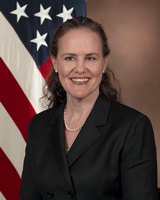
Ironically, the cyber-attack that shut down the Web sites of the Department of the Treasury and the Federal Trade Commission struck on Independence Day. Because as unsophisticated as the attacks were, they made it clear that the U.S. is as intertwined with its enemies as it is with its allies, in a newly emerging, little-understood, and rapidly evolving 21st-century terrain. In probing the future of American influence, it’s apparent now that cyberspace occupies a prominent place in an unwieldy battlefield known as the global commons. Michele Flournoy — who holds the position of undersecretary of defense for policy at the […]

